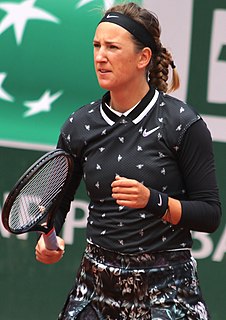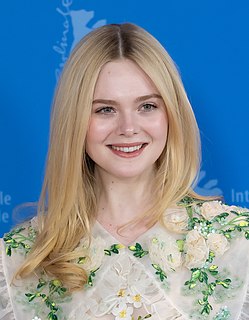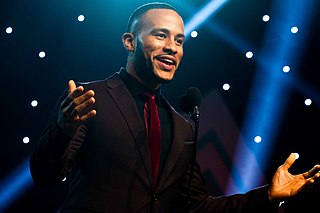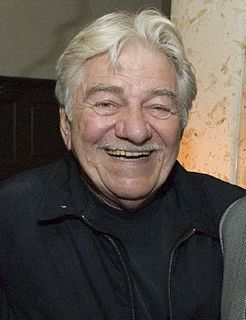A Quote by Laura Hillenbrand
I look at the film as an opportunity to see some bountifully creative minds do something that I could not do - tell the story with images. I can't wait to see what they do.
Related Quotes
You have to do three things really well to make a successful film. You have to tell a compelling story that has a story that is unpredictable, that keeps people on the edge of their seat where they can't wait to see what happens next. You then populate that story with really memorable and appealing characters. And then, you put that story and those characters in a believable world, not realistic but believable for the story that you're telling.
Kevin Feige and I have very smart people who work for us, who make sure that we see everything. And that we actually see everything. They see everything, tell us about it, we see it. You have to have people who work with you, who say 'you have to look at this film'. And then you look at it. You really have to look at it. You have to look at movies all the time.
Once digital came, I could see my images instantly right there on the camera. I think that makes you a better photographer because you can see right there if your subject's eyes are closed or if you exposed it wrong and if it's too bright or dark. You can fix it right here. With film, you wouldn't know until you got the prints back if something was messed up, and then there was nothing you could do. That was a huge advantage.
It wasn't long after I began writing Star Wars that I realized the story was more than a single film could hold. As the saga of the Skywalkers and Jedi Knights unfolded, I began to see it as a tale that could take at least nine films to tell - three trilogies - and I realized, in making my way through the back story and after story, that I was really setting out to make the middle story.
I look at a pilot and go, "I see the landscape. I see the characters. I see the direction and the potential of the story." And I also go, "That didn't work. I could change that. Maybe that works. I don't know. We'll see." For me, I look at it, as an actor, as what can I improve upon? So, to have it out there and judged solely on its own merit is really a unique experience for me.
My generation, we're more accepting of narcissism. But we're looking at images that are dead, that are on your phone. My friends have apps to make you look skinny, to make your skin look perfect. And we look at these images and we're like, "That's beauty. That's perfect." But when you see a real person, you're like, "Wait, that's not perfect."
We do not see the danger clearly enough that we develop images adequate to our state of civilization. When you watch TV, you know instantly that there's something wrong with the images. When you open a magazine and see the ads, you know there's something wrong with the images. And it's unhealthy and not good and outright dangerous, in my opinion.
I've seen films that have made as much as $100, $200 million, but they're not films. They're images. They're flashes. They're many beautiful images, lots of things to look at. They capture you. But it's not a film. It's not something that involves you in a story. They go to cinema now to be blown away by the effects.
Human beings are complicated and flawed and unique, but we all have a story to tell. Gone are the days where our lead characters can only look like somebody else. Heroes look like all of us. We see ourselves in each others' stories. We see who we are. We see who we want to be. Sometimes we see who we don't want to be. And through that we have a greater understanding of ourselves and acceptance of each other.


































